In November, Mongolia celebrated sixty years as part of the United Nations (UN). For many countries, this means little, as such milestones, by definition, come and pass on a regular basis. It assumes greater importance for Mongolia, though, given the particular geopolitical framework it has to work with. By dint of geography, this vast country has an unusual position. In a strategically important location between Russia and China, it is relevant to not only its own prosperity but also the broader world. Since independence, Mongolia has tried to maintain constructive relations with those it shares borders, but also to project beyond North Asia. Its successful third neighbour policy, takes in partners from South Korea to Japan, India to the United States.
Mongolia’s indebtedness both relative to its Gross Domestic Product (GDP) and in terms of its longer term obligations weighs heavily on public policy makers.
When we write about the potential for rental yields in Ulaanbaatar, we offer point to the large (and growing) expat community.
As any businessperson in Mongolia will tell you, the country’s economy is driven by mining and foreign investment. Foreign Direct Investment (FDI) is so important that the GDP growth has risen and fallen largely with the rise and fall of FDI. Even during the 2008 global financial crisis, GDP growth recovered fairly quickly because FDI did not drop too much.
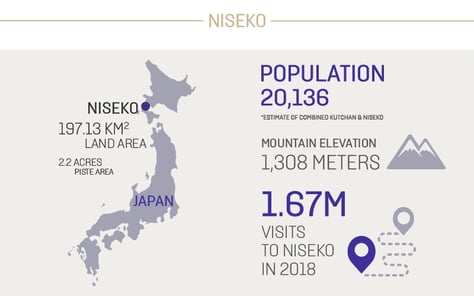
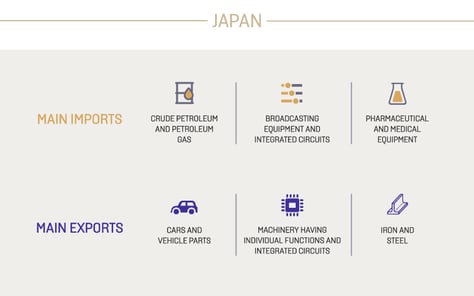
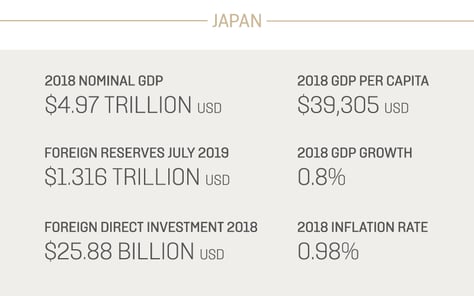
Asia pacific investment partners
Mongolian Properties
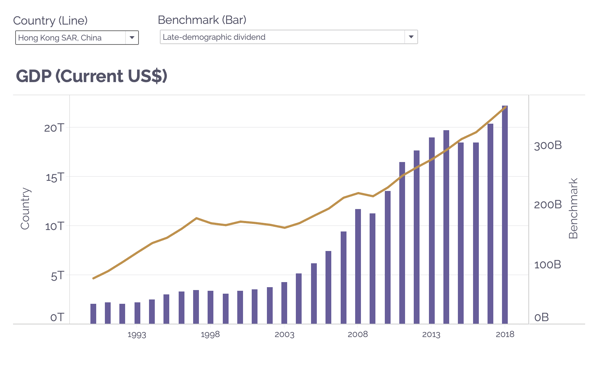
GDP per capita - Hong Kong
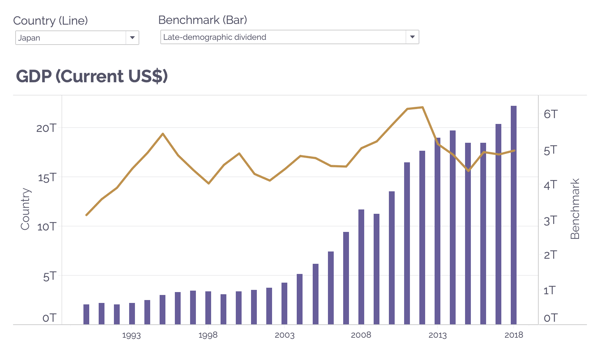
GDP - Japan
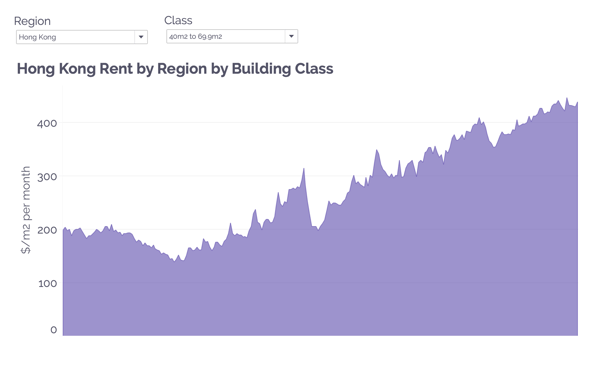
Rent - Hong Kong
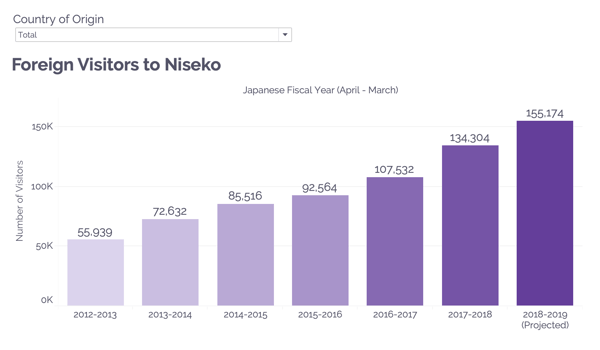
Foreign Visitors to Niseko

Foreign Hotel Guest in Hokkaido
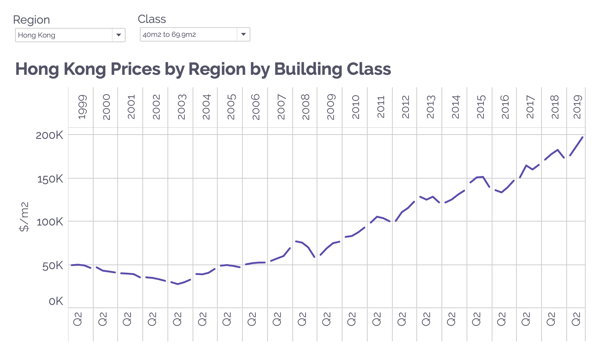
Residential Prices - Hong Kong